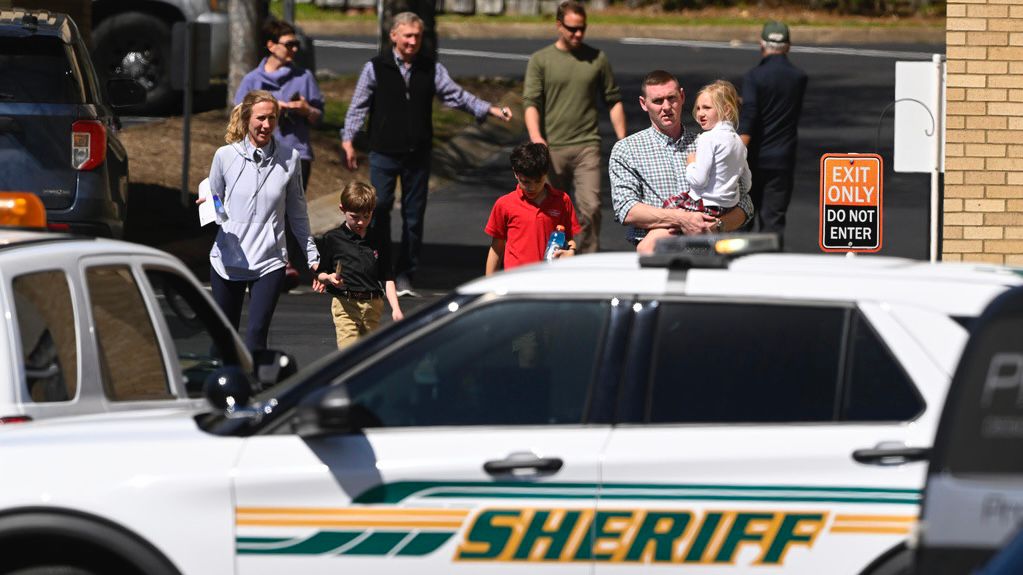The writings of a school shooter will not be made public, a Tennessee judge ruled late Thursday night.
Last year, Audrey Hale killed three children and three adults at a private Christian school she once attended. The Nashville Police Department said Hale, who was killed by law enforcement during the attack, had left behind writings indicating she planned to attack other locations.
“When there is a pending or contemplated criminal investigation, Tennessee courts have determined that unfettered access to every record at any time does not serve to uphold the system of justice that we all depend upon to ensure that the criminal legal system and investigations remain fair and impartial for every involved person,” Davidson County Judge I’Ashea Myles wrote in her decision.
“Therefore, the right to unencumbered access to public records was tempered by certain exceptions which serve to keep certain information from disclosure as the risk of harm from disclosure is outweighed by the public’s right to know.”
Audrey Hale was 28 and a resident of Nashvile when she attacked a private Christian School in March last year with a handgun and two AR-style weapons, killing three children and three adults. Nashville Police said Hale had planned the attack carefully, conducting surveillance and putting together detailed maps before the shooting.
For several months, family members of the victims, the media and police officials have litigated the release of Nashville government records regarding the mass shooting. Last year, Nashville Police Chief told NBC News “there’s some belief that there was some resentment for having to go to that school,” he said of the shooter, who is believed to be transgender.
While Nashville Police had offered to make Hale’s writings public after they finished their investigation, victims’ family members rejected the idea, saying it may inspire copycats. Media companies maintained the records should be released as a matter of public interest.
The shooter’s parents gave legal ownership of the writings to the families of the students at the school where the shooting took place. Both the school and the students’ families said the writings were private.
Judge Myles said “the original writings, journals, art, photos and videos created by Hale are subject to an exception” to the Tennessee Public Records Act created by the Federal Copyright Act.



